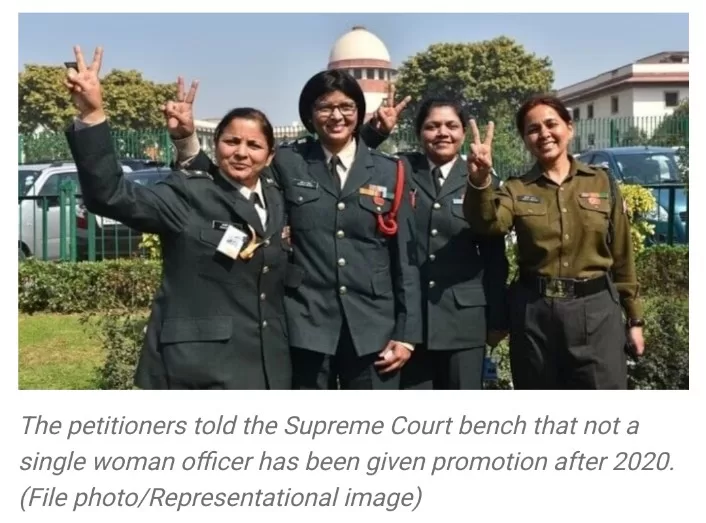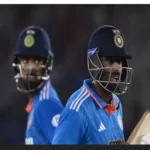In a recent judicial development, the Supreme Court of India, headed by Chief Justice DY Chandrachud, asserted its role in matters of law but refrained from meddling in the operational matters of the Indian Army. The case in question pertained to allegations of gender discrimination against women officers, particularly concerning their appointment to command Army units.
Attorney General R Venkataramani, at the outset of the proceedings, recommended that the case be referred to the Armed Forces Tribunal due to the complexity and abundance of factual details involved.
Senior Advocate V Mohana, representing some of the women officers, pointed out a glaring disparity, stating that no woman officer had received a promotion since the year 2020. They remain in active service, making the lack of promotions a pressing concern.
Senior Advocate Meenakshi Arora echoed these concerns, highlighting a stark example of humiliation faced by a woman Colonel who was assigned the role of commanding a company, a position typically held by an officer of lower rank. This move was considered a severe affront to her position.
In response, Chief Justice DY Chandrachud underscored the court’s jurisdiction, emphasizing its ability to intervene in matters of law. However, he made it clear that the court would not involve itself in the operational decisions and management of the Army.
The bench has scheduled further hearings for a batch of petitions related to the promotion of women army officers on Wednesday, September 27. Notably, the Supreme Court’s 2020 judgment had brought women officers under the Short Service Commission scheme on par with their male counterparts, rectifying previous disparities. Prior to this ruling, male officers could opt for permanent commission after 14 years of service, while women officers had no such option and were compelled to retire.
This development highlights the ongoing legal and societal discussions surrounding gender equality and representation in various sectors, including the armed forces.




